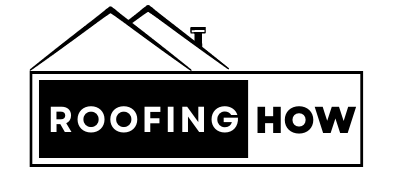Starting a roofing business is like laying the foundation for a sturdy house. It’s essential to choose the right business structure to support your goals.
In this blog, we’ll break down the different business structures and help you decide which one fits your roofing company best.
Sole Proprietorship
Pros:
- Simple Setup: Operating as a sole proprietor is straightforward. You are the business, and there’s minimal paperwork.
- Full Control: You make all the decisions and keep all the profits.
- Tax Benefits: You report business income on your personal tax return, which can simplify tax matters.
Cons:
- Personal Liability: Your personal assets are at risk if the business faces legal or financial issues.
- Limited Growth: Sole proprietorships can make it challenging to raise capital or expand the business.
Partnership
Pros:
- Shared Responsibility: Partners can pool resources, skills, and expertise.
- Tax Benefits: Partnerships often have pass-through taxation, which can be advantageous.
- Diverse Ideas: Multiple perspectives can lead to better decision-making.
Cons:
- Disagreements: Differences in vision or management styles can lead to conflicts.
- Shared Profits: Profits must be divided among partners.
- Liability: Partners share personal liability for business debts and legal issues.
Limited Liability Company (LLC)
Pros:
- Limited Liability: Owners (members) are protected from personal liability for the company’s debts.
- Flexible Structure: LLCs can choose how they want to be taxed, either as a partnership or corporation.
- Ownership Options: Can have a single-member LLC or multiple members.
Cons:
- Complexity: Setting up an LLC involves more paperwork than a sole proprietorship.
- Taxation Choices: The flexibility of taxation can be a double-edged sword; you must choose wisely.
Corporation
Pros:
- Limited Liability: Shareholders are generally not personally responsible for corporate debts.
- Easier Capital Raising: Corporations can sell stock to raise capital.
- Perpetual Existence: A corporation can exist independently of its owners.
Cons:
- Complexity: Corporations require more paperwork, formalities, and record-keeping.
- Double Taxation: Some corporations face double taxation – once at the corporate level and again when shareholders receive dividends.
Verdict:
Choosing the best business structure for your roofing company depends on your specific circumstances and long-term goals.
- If you want simplicity and don’t mind personal liability, a sole proprietorship might be suitable for a small, one-person operation.
- If you’re partnering with someone, a partnership can be beneficial if you trust your partner and have a clear agreement.
- An LLC offers the best of both worlds: limited liability and flexibility. It’s a great choice for small to medium-sized roofing companies.
- Corporations are more suited for larger roofing companies looking to raise capital through investors.
Before making a decision, consult with legal and financial professionals to ensure you choose the structure that aligns with your business objectives and provides the necessary legal protections.
Remember, the right business structure is like a solid roof – it supports your business and keeps it protected from storms. Make your choice wisely, and your roofing company will thrive.





